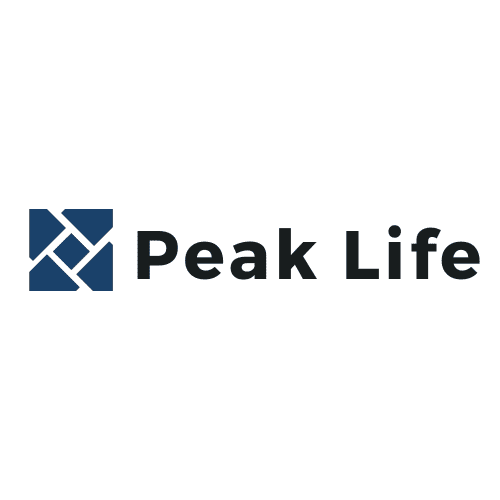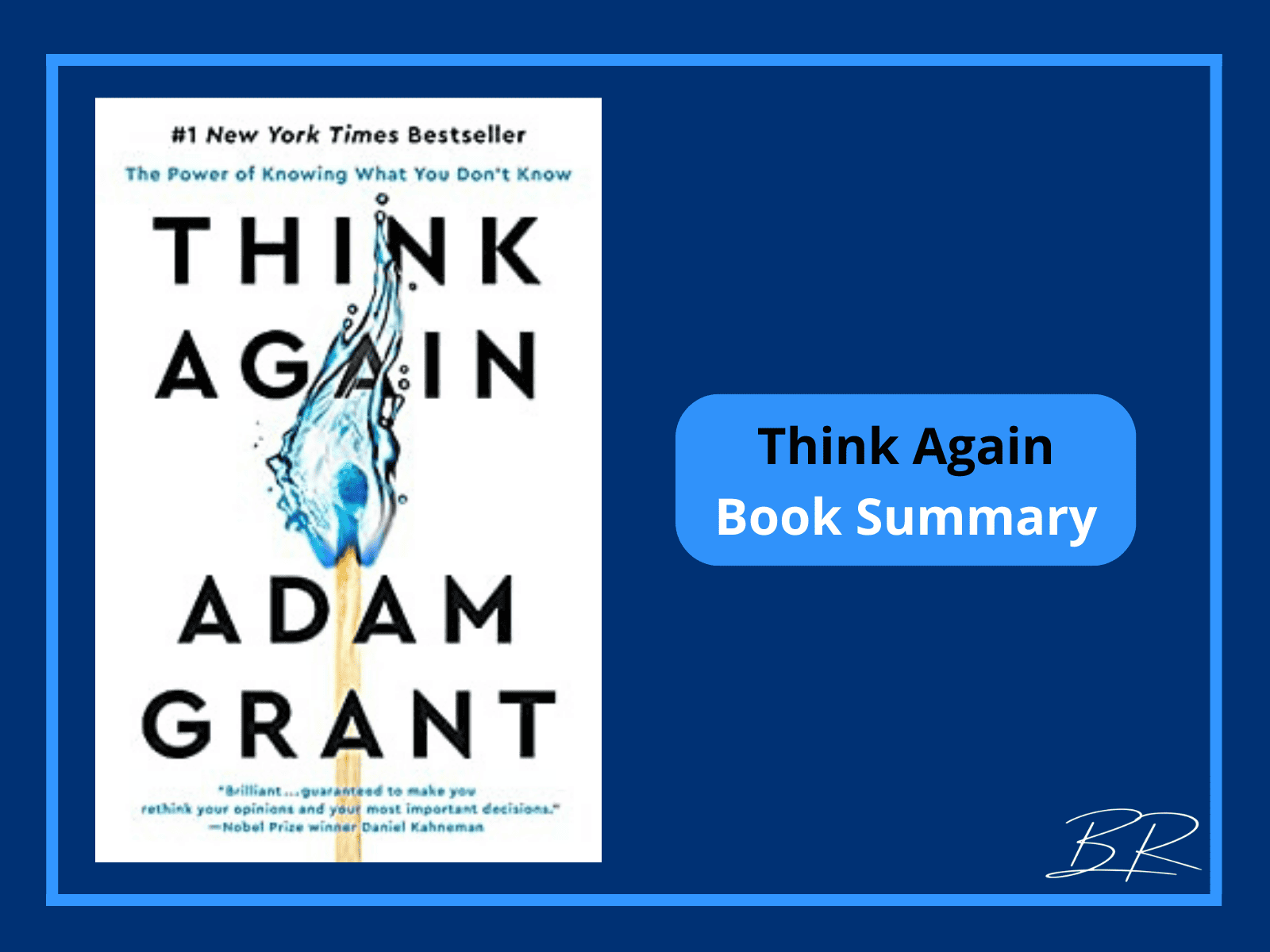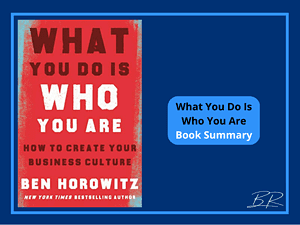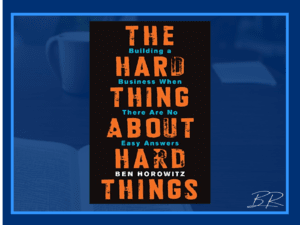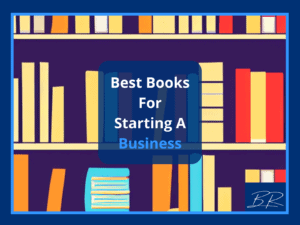Think Again by Adam Grant Summary: The Astounding Power of Rethinking
This post contains affiliate links that help supports this blog and cost you the exact same. If you do not wish to use affiliate links, then feel free to google the product.
Think Again by Adam Grant Summary
In a world characterized by constant change and evolving ideas, it is crucial for us to challenge our own assumptions and embrace the power of rethinking.
In his thought-provoking book, “Think Again,” acclaimed organizational psychologist and New York Times bestselling author Adam Grant explores the importance of intellectual humility, curiosity, and the willingness to revise our beliefs. With captivating stories and compelling research, Grant guides readers on a transformative journey that encourages us to question our certainties and embrace the art of thinking again.

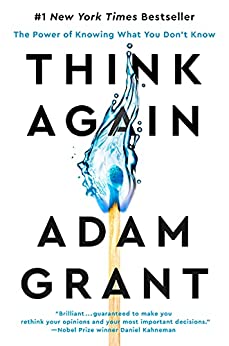
Think Again by Adam Grant Summarized in Three Sentences
“Think Again” urges us to reconsider our opinions, perspectives, and deeply held beliefs in order to foster personal growth and progress.
By encouraging intellectual humility and embracing the joy of learning, Adam Grant provides a blueprint for a more open-minded and adaptable life.
Ultimately, the book shows us that the key to success in our personal lives lies in our ability to question, challenge, and think again about our core beliefs.
Key Takeaways
- Intellectual Humility: Acknowledging that our knowledge is imperfect and subject to revision allows us to approach new ideas and perspectives with an open mind. Through iteration, we can be wrong and yet learn more.
- The Joy of Being Wrong: By embracing the possibility of being wrong, we unlock the potential for growth, learning, and innovation. As mentioned in the book, each time we are wrong and learn from it, we become less wrong. This fact can drastically encourage rethinking.
- Building a Culture of Rethinking: Encouraging and promoting a culture that values critical thinking, feedback, and open dialogue can lead to better decision-making and collective progress.
- Motivational interviewing: is an approach aimed at helping individuals resolve ambivalence and enhance their intrinsic motivation for positive behavior change. It involves expressing empathy, developing a discrepancy between current behavior and desired goals, working with resistance rather than against it, and supporting individuals’ belief in their ability to change. This person-centered approach focuses on collaboration, empathy, and empowering individuals to find their own motivations for change.
The 3 Best Quotes:
- “A mark of lifelong learners is recognizing that they can learn something from everyone they meet.”
- “Thinking like a scientist involves more than just reacting with an open mind. It means being actively open-minded. It requires searching for reasons why we might be wrong—not for reasons why we must be right—and revising our views based on what we learn.”
- “The less intelligent we are in a particular domain, the more we seem to overestimate our actual intelligence in that domain.”
What I Am Going to Implement in My Life:
After reading “Think Again,” I am inspired to cultivate a mindset of intellectual humility and continuously challenge my own beliefs.
I will actively seek out different perspectives, engage in constructive debates, and embrace the joy of being wrong, viewing it as an opportunity for personal growth.
I will also work on creating an environment that encourages open-mindedness and the free exchange of ideas in my team and family, even when they differ from my own.
Finally, I will spend the majority of the time searching for truth using the Scientist Mindset, and when I am certain of the best outcome, I will use Motivation Interviewing to reach common ground and help inspire and persuade people toward a better path.
Who Should Read Think Again
- Decision-Makers and Leaders: Think Again is an invaluable read for decision-makers and leaders in any field. Whether you are a business executive, a manager, a politician, or a community leader, this book will challenge your assumptions, inspire you to question your beliefs, and equip you with the tools to make more informed and effective decisions.
It will help you foster a culture of open-mindedness and intellectual humility within your organization or community, leading to better outcomes and growth. - Lifelong Learners and Curious Thinkers: If you have a passion for learning, expanding your knowledge, and exploring new ideas, Think Again is a must-read. Adam Grant’s book encourages curiosity and challenges the notion that learning ends with formal education.
Whether you are a student, a professional in any field, or simply someone who values personal growth, this book will inspire you to embrace intellectual humility, seek out diverse perspectives, and continuously evolve your thinking. - Individuals Seeking Personal and Professional Development: Think Again is a book for those who are eager to develop their critical thinking skills, overcome biases, and enhance their decision-making abilities. If you are looking to expand your intellectual toolkit, improve your problem-solving capabilities, and foster a growth mindset, this book offers practical strategies and insights to help you on your journey. It will empower you to think more flexibly, adapt to change, and thrive in an ever-evolving world.
Ultimately, Think Again is a book that resonates with a wide range of individuals, regardless of their background or profession.
Whether you’re a decision-maker, a lifelong learner, or someone seeking personal and professional development, Adam Grant’s thought-provoking exploration of open-mindedness and rethinking will inspire you to challenge your assumptions, embrace intellectual humility, and unleash your full potential.
Politician mode, Preacher mode, Scientist Mode
In his book “Think Again,” Adam Grant delves into the different thinking styles of preachers, politicians, and scientists.
He provides insightful terminology to describe these approaches, highlighting their unique characteristics and implications for the hugely valuable skill of critical thinking and decision-making.
Preacher Mode

When we think like preachers, we rely heavily on our core beliefs and convictions. This mindset, referred to as “preaching from the choir” by Grant, involves emphasizing our own viewpoints and seeking to persuade others to share our beliefs.
However, the danger lies in its potential to limit our openness to alternative perspectives, hinder our ability to evaluate evidence objectively and care about what the other person may desire.
Preachers often fall prey to confirmation bias, actively seeking information that supports their existing beliefs while dismissing contradictory evidence.
Politician Mode

Thinking like politicians, as described by Grant as “politicking for support,” involves prioritizing winning over the pursuit of truth. Politicians tailor their messages to specific audiences, strategically maneuvering and employing rhetorical techniques to maintain or gain support.
While this approach can be effective in the political arena, it may not always align with intellectual honesty or the quest for objective truth.
Political thinking often focuses on short-term gains and popularity rather than evidence-based decision-making.
Scientist Mode
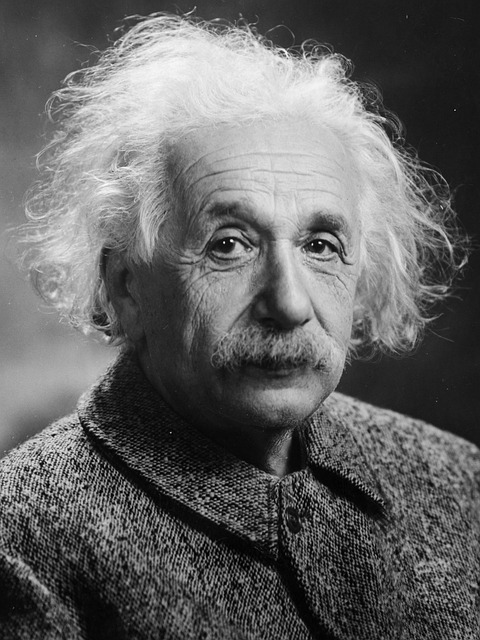
In contrast to the others, thinking like scientists, as Grant terms it, is characterized by “reasoning with humility.”
Scientists are driven by curiosity and a relentless pursuit of knowledge. They approach problems and ideas with an evidence-based and inquiry-driven mindset, seeking to understand the world through systematic observation, experimentation, and rigorous analysis of data. This scientific approach encourages questioning assumptions, testing hypotheses, and being open to revising beliefs based on empirical evidence.
It fosters intellectual humility, critical thinking, and a willingness to consider new information and perspectives.
Adam Grant believes while thinking like preachers or politicians may have their place in certain contexts, adopting a scientific mindset offers a more reliable and objective approach to critical thinking.
By embracing reasoning with humility, we can weigh evidence objectively, challenge our assumptions, and make more informed choices and thereby join the ranks of the many influential management thinkers.
Three Other Similar Books to Read:
- “Principles” by Ray Dalio: See The Book
If you enjoyed “Think Again” and are interested in further exploring the principles of effective decision-making and personal growth, “Principles” by Ray Dalio is a must-read. Dalio, an accomplished investor and entrepreneur, shares his unique insights and principles for success. Drawing from his own experiences, Dalio provides practical guidance on embracing radical transparency, embracing failure as a learning opportunity, and cultivating a culture of open-mindedness and thoughtful decision-making. - “The 7 Habits of Highly Effective People” by Stephen R. Covey: See The Book
For those seeking personal and professional development, “The 7 Habits of Highly Effective People” is a classic that continues to resonate with readers worldwide. Covey offers a comprehensive framework for personal effectiveness, focusing on principles such as proactivity, prioritization, and synergy. This book empowers individuals to take control of their lives, build strong relationships, and achieve meaningful goals by aligning their actions with their values and principles. - “Thinking, Fast and Slow” by Daniel Kahneman: See The Book
If you’re fascinated by the complexities of human decision-making and the workings of the mind, “Thinking, Fast and Slow” is a captivating exploration of cognitive biases and the dual systems of thought that shape our judgments and choices. Kahneman, a Nobel laureate in economics, delves into the interplay between intuitive, fast thinking (System 1) and deliberate, slow thinking (System 2). Through engaging anecdotes and research findings, he sheds light on the flaws and limitations of our thinking processes and provides valuable insights for improving our decision-making abilities.

Conclusion of Think Again Summary:
Adam Grant’s latest book “Think Again” serves as a wake-up call for us to reassess our fixed mindsets and embrace the power of open-mindedness and new evidence.
By inviting us to question our assumptions and revise our beliefs, Grant explains how we can thrive in a rapidly changing world.
Through the cultivation of cognitive skills, intellectual humility and a willingness to think again, we can unlock our full potential, make better decisions, and lead lives filled with growth, innovation, and purpose.
